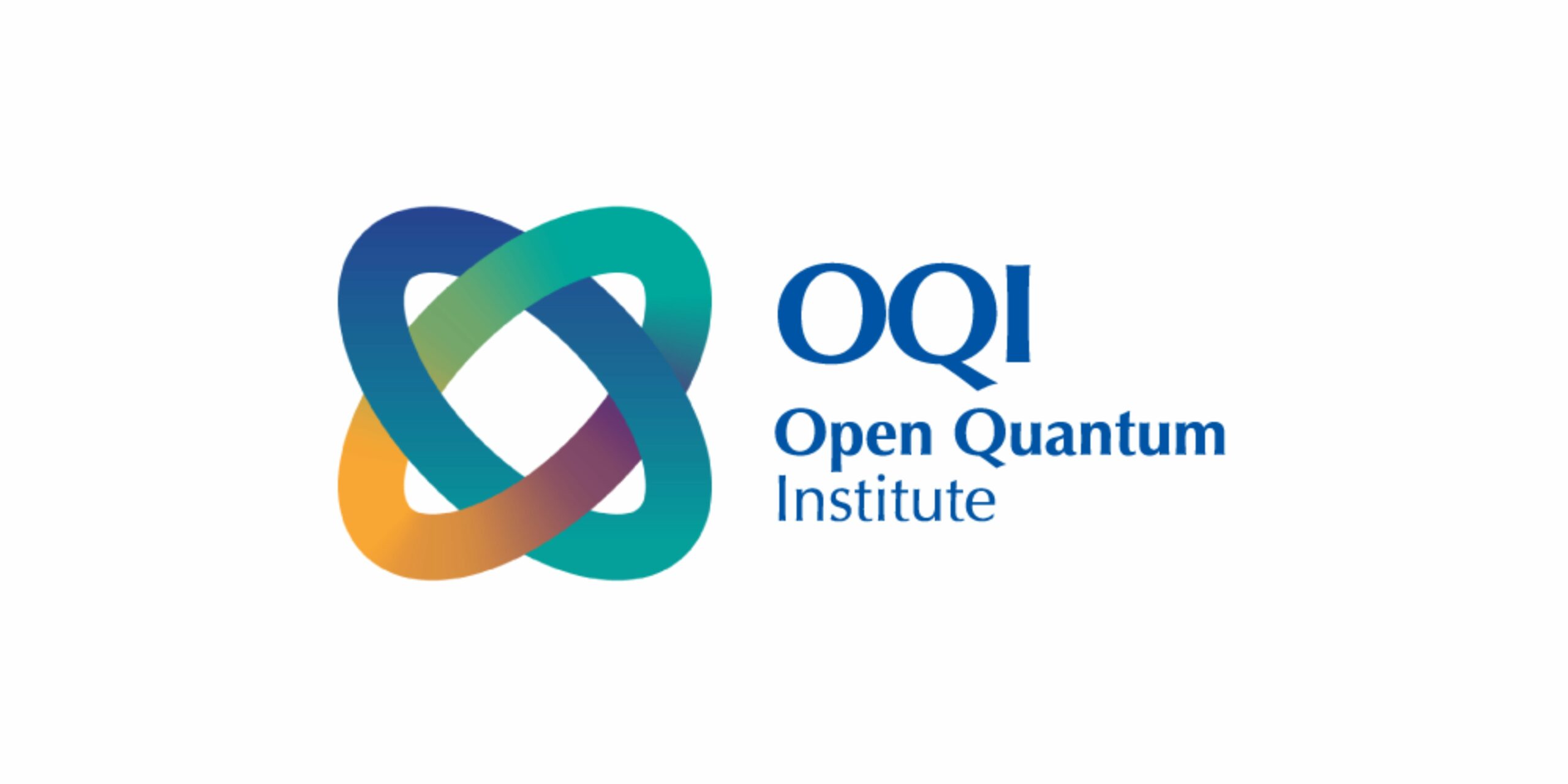Open Quantum Institute Details Quantum Computing Solutions for Global Challenges from Food Security to Climate

Insider Brief:
- The Open Quantum Institute (OQI) has introduced 10 new quantum computing use cases designed to address global challenges, particularly aligned with the United Nations Sustainable Development Goals (SDGs).
- The use cases focus on areas like food security, healthcare, and environmental sustainability, using quantum machine learning and simulations to optimize processes like plant genomics, food delivery, antibiotic discovery, and water leak detection.
- Quantum computing may provide solutions to complex computational challenges, such as accelerating antibiotic discovery and improving cancer diagnostics, by handling large datasets and performing advanced simulations.
- OQI emphasizes collaboration between international experts to explore these quantum solutions, with a mission to advance both scientific methods and societal impact through quantum technologies.
The Open Quantum Institute (OQI) has published its 2024 white paper, expanding on 10 new use cases for quantum computing, which are intentionally designed to address some of the world’s most pressing issues. The report emphasizes how these use cases align with the United Nations Sustainable Development Goals (SDGs) and represents collaboration among experts from 22 countries. According to the OQI, these cases are already in various stages of development.
OQI’s mission, according to the white paper, is to use quantum computing to positively impact society and the environment, despite quantum technology still being in its early stages. Hosted by CERN during its pilot phase of 2024-2026, OQI brings together a range of stakeholders, including research institutions, private companies, and NGOs, to work toward the shared goal of exploring quantum applications.
Addressing Food Security
Among the primary issues included by the new use cases is food security, outlined under SDG 2, Zero Hunger. The report highlights quantum solutions designed to enhance plant genomics and improve last-mile food delivery systems.
On the topic of plant genomics, OQI notes the challenges of feeding a growing population in a climate-impacted world. The solution proposed incorporates quantum machine learning to predict plant traits and guide precision gene editing. As explained in the report, current genomic analysis requires immense computational power, a need that quantum computing could potentially fulfill by accelerating the complex processes involved in crop improvement.
Similarly, a second use case focuses on optimizing last-mile food delivery, an area that contributes significantly to global food waste and inefficiency. Quantum-inspired combinatorial optimization could provide faster, more accurate solutions to these logistics challenges. According to the paper, inefficiencies in food logistics result in increased costs and waste, with smaller-scale farmers being particularly vulnerable. Quantum algorithms could help reduce these inefficiencies by streamlining delivery routes and minimizing waste.
Enhancing Healthcare and Antibiotic Discovery
SDG 3, Good Health and Well-Being, is another focus of the new use cases. One of the highlighted projects is working towards accelerating the discovery of new antibiotics, an essential need in the face of rising antimicrobial resistance (AMR). As noted in the report, current methods for discovering antibiotics are slow and resource-intensive, but quantum simulations could expedite the process, identifying promising molecules faster and with greater precision. According to OQI, AMR remains one of the top threats to global public health, and faster antibiotic discovery could prevent millions of deaths each year.
In addition, quantum machine learning is being applied to improve the accuracy of gastrointestinal cancer diagnoses. Through quantum-enhanced image analysis, this use case may help healthcare professionals process massive amounts of medical imagery with greater accuracy and efficiency. The report explains that quantum algorithms can handle the computational load required for these large datasets, potentially enabling earlier detection and treatment of cancer.
Environmental Solutions and Clean Water Access
The 2024 white paper also emphasizes the potential for quantum technology to contribute to environmental sustainability, particularly under SDG 6, Clean Water and Sanitation, and SDG 13, Climate Action.
For SDG 6, OQI reports a use case focused on improving water leak detection systems in urban environments. As urban populations expand, aging water infrastructure is increasingly strained, leading to significant water loss through leaks. Quantum simulations could help optimize sensor placement in these networks, allowing cities to detect leaks more efficiently and conserve water resources. This application is strongly relevant in regions already experiencing water scarcity, where every drop saved counts.
In the climate action space, quantum simulation is being explored as a tool for enhancing catalytic carbon capture technologies, which aim to reduce atmospheric carbon levels. The report suggests that quantum computing could be instrumental in accelerating the development of new materials and methods for capturing carbon more efficiently.
Future Potential and Collaborative Efforts
The OQI emphasizes that while many of these use cases are still in early stages, the collaborative nature of these projects is an achievement all its own. By bringing together experts from across disciplines, OQI hopes to push the boundaries of what quantum computing can achieve in addressing global challenges.
According to the white paper, quantum simulation, quantum-inspired combinatorial optimization, and machine learning are the primary technologies being explored in these use cases, with the goal of making substantial contributions to the SDGs.
As quantum computing technology continues to develop, OQI intends to deepen both the scientific methodology and the potential societal impact of these use cases, moving closer to a future where quantum computing can meaningfully contribute to solving global challenges.
